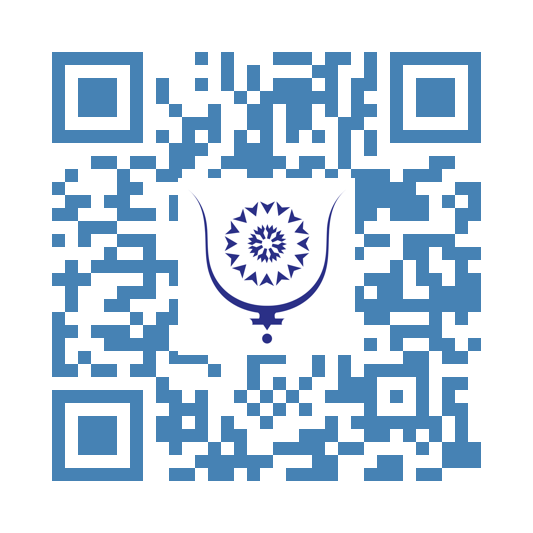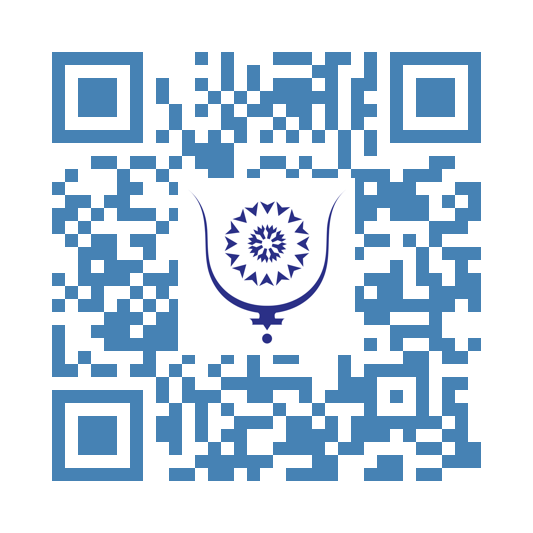El Angioedema : "Desde los ataques de hinchazón localizados hasta la asfixia potencialmente mortal" 479
El Angioedema se caracteriza por una acumulación de líquido en las mucosas y en la piel, lo que produce unhinchazón e inflamación de la cara, de las extremidades o de los genitales.
UN ANGIODEMA DE ORIGEN ALERGICO
Puede poner en peligro la vida del paciente, cuando afecta a la vía aérea. En la gran mayoría de los casos, es un angioedema de origen alérgico. Afecta a aproximadamente el 20% de la población en algún momento de su vida, y esta a menudo asociado a la presencia de una urticaria. Puede ser causado por un alimento, una picadura de insecto o un medicamento. El angioedema histamínicose trata concorticosteroides y antihistamínicos. En los casos más graves (edema de Quincke), la adrenalina constituye el tratamiento de elección para evitar el shock anafiláctico.
OTRA CAUSA : EL ANGIOEDEMA BRADIQUINO HEREDITARIO
Otra causa del angioedema, a menudo desconocida en Marruecos es : el angioedema bradiquínico hereditario. Se trata de una forma rara que ocurre con mayor frecuencia durante la infancia o la adolescencia. Los pacientes presentan edemas recurrentes que duran de 2 a 5 días y que desaparecen sin secuelas. Los episodios o ataques de la enfermedad se producen de forma impredecible y varían de un paciente a otro. Se conocen una serie de factores que pueden desencadenar los ataques como los procedimientos dentales, las infecciones de la esfera ORL, el estrés, el embarazo ... El hinchazón puede incluso afectar al abdomen, provocando dolores intensos, náuseas y vómitos, así como diarrea. El edema laríngeo es potencialmente mortal, con un riesgo de muerte del 25% en ausencia de un tratamiento adecuado.
Una forma aún más rara es el angioedema bradiquínico adquirido no hereditario, cual ocurre generalmente en adultos mayores de 50 años, y es consecuencia de otra enfermedad (autoinmune o cancerosa) o de ciertos medicamentos como los antihipertensivos de la familia de losinhibidores de la enzima convertidora de angiotensina (IECA) o los antidiabéticos.
El tratamiento de los ataques de angioedema bradiquínico consiste en el uso de medicamentos que aún no están disponibles en Marruecos (inyecciones subcutáneas de icatibant o administración intravenosa de concentrados de INH-C1). El ácido tranexámico o el danazol constituyen tratamientos de fondode la enfermedad.
LA ASOCIACION AMMAO
La Asociación Marroquí de Pacientes con Angioedema (AMMAO) presidida por el Sr. Imad Elaouni, fue creada en febrero de 2018 por personas de la sociedad civil y miembros del cuerpo médico y paramédico con el objetivo de informar y sensibilizar la población a estaspatologías, asícomo el de unificar los esfuerzos para atendera las personas que las padecen. El presidente honorario es la profesora Laurence Bouillet, profesora de Medicina Interna y coordinadora del centronacional de referencia sobre el angioedema en Francia. AMMAO es también miembro de la Red Global de los angioedemas - HAEI.
9 de enero de 2024
Dr Moussayer Khadija, Especialista en medicina interna y geriatría, presidente de la alianza de enfermedades raras de Marruecos, vicepresidente de AMMAO
RESUME
L’angioedème : « De crises de gonflement localisé à l’asphyxie potentiellement fatale»
Les angioedèmes se caractérisent par une accumulation des liquides au niveau des muqueuses et de la peau se traduisant par des crises de gonflement du visage, des membres ou des organes génitaux. Ils peuvent comporter un risque d’asphyxie quand la gorge est atteinte.
UN ANGIOEDEME REPANDU D’ORIGINE ALLERGIQUE
Dans la très grande majorité des cas, il s’agit d’un angioedème d’origine allergique, environ 20 % de la population en sont touchées à un moment de leur vie.
UN ANGIOEDEME PLUS RARE D’ORIGINE HEREDITAIRE
Les angioedèmes peuvent être avoir une autre cause : c’est l’angioedème héréditaire bradykinique. Cette forme plus rare se déclare le plus souvent durant l’enfance. Le gonflement peut toucher l’abdomen, donnant de fortes douleurs, des nausées et vomissements ainsi que des diarrhées. L’œdème laryngé met en jeu le pronostic vital avec un risque de décès de 25 % en l’absence de traitement approprié.
L’AMMAO POUR MIEUX SENSIBILISER A CETTE PATHOLOGIE
L'Association Marocaine des Malades d'Angioedèmes (AMMAO), présidée par M. Imad Elaouni, a été créée en 2018 avec pour objectif l’information et la sensibilisation de la population à ces pathologies. Le Pr Laurence Bouillet, coordinatrice du centre de référence national sur les angioedèmes en France, en est la présidente d’honneur. L’AMMAO est par ailleurs membre du réseau mondial des angioedèmes – HAEI. C'est une organisation “ombrelle” de défense globale des patients représentant la communauté des malades partout dans le monde. Maria Ferron en est la représentante régionale pour tous les pays Méditerranéens et elle est une des interlocutrices privilégiées de l’Association AMMAO
SUMMARY
Angioedema: "From localized swelling attacks to potentially fatal asphyxia"
Angioedemas are characterized by an accumulation of fluid in the mucous membranes and skin resulting in swelling of the face, limbs or genitals.They may carry a risk of asphyxiation when the throat is affected.
ANGIOEDEMA OF ALLERGIC ORIGIN
In the vast majority of cases, it is an angioedema of allergic origin, about 20% of the population are affected at some point in their life. Often associated with an urticaria, it can be caused by food, insect bite or drug.
THE HEREDITARY ANGIOEDEMA
Angioedema may have another cause, often unknown : it is the hereditary bradykinic angioedema. This rarer form occurs most often during childhood or adolescence. Laryngeal edema is life-threatening with a 25% risk of death in the absence of appropriate treatment.
AN ASSOCIATION FOR ANGIOEDEMA
The Moroccan Association of Angioedema Patients (AMMAO), chaired by Mr. Imad Elaouni, was created in 2018 with the aim providing information and awareness to the population about these pathologies. Professor Laurence Bouillet, coordinator of the national reference center on angioedema in France, is the honorary president. AMMAO is also a member of the global network of angioedema -HAEI.
BIBLIOGRAFÍA
- Isabelle Boccon-Gibod , Laurence Bouillet, MD , Clement Olivier, Clinical Characteristics of Hereditary Angioedema (HAE) Type III Patients Compared with Those with HAE Type I/II , JOURNAL OF ALLERGY AND CLINICAL IMMUNOLOGY 26/01/13, Doi : 10.1016/j.jaci.2012.12.791
- Laurence Bouillet, Diagnostic des angioedèmes héréditaires, La Presse Médicale, Volume 44, Issue 1, 2015, Pages 52-56, ISSN 0755-4982, https://doi.org/10.1016/j.lpm.2014.06.027.
- Khadija Moussayer, Les angioedèmes en débat à Casablanca le 19 janvier 2019, Mescursus 29 Décembre 2018. https://medcursus.com/442/les-angioedemes-en-debat-casablanca-le-19-janvier-2019
- Khadija Moussayer, On estime que 2.000 personnes sont touchées par les angioedèmes bradykiniques au Maroc, Le Matin ma, 4 janvier 2024 https://lematin.ma/express/2022/maroc-compte-2000-cas-angioedeme-bradykinique/384170.html




